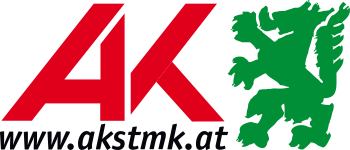
DigiCompGlass - Use of digital technologies and automation to create employment effects
Initial Situation
Especially for manufacturing SMEs, digitisation offers countless advantages such as higher productivity. SMEs still have problems using these potentials - especially due to a lack of competences regarding digitalisation. In addition, the use of digital technologies and automation leads to employment effects in the sense that especially routine work, as well as many activities that are often defined as unskilled labour, are subject to an automation risk. It is therefore crucial to further qualify affected employees. SMEs usually have few resources in terms of time and costs for training employees (on digitalisation). For this reason, it is crucial that the trainings have low access barriers and are as efficient as possible. One solution is to use virtual reality (VR) solutions to train employees.
VR is a computer-generated environment with scenes and objects that appear to be real and give the user the feeling of being immersed in their surroundings. Training in VR is an interactive experience that automatically ensures a high level of concentration for the user, as it completely blanks out the environment. It can be assumed that virtual training is more efficient than traditional training methods, as well as having a fast learning curve, which helps new users to catch up with experienced users more quickly.
In order to adapt the trainings as much as possible to the current needs of the SMEs and to make the best use of the technological possibilities of data glasses for trainings, a needs analysis is necessary.
Goal
Conduction of a needs analysis as a basis for the development of training modules for digitalisation skills with a focus on production workers and the use of virtual reality data glasses. Further sub-objectives:
1. derivation and summary of competence needs
2. analysis of the thematic suitability for implementation using VR data glasses
3. conducting interviews with SMEs to ascertain specific needs
4. analysis of available data glasses with regard to various factors and possible applications in the training sector
Project period: October 2021- May 2022
Funding body
Arbeiterkammer Steiermark.

